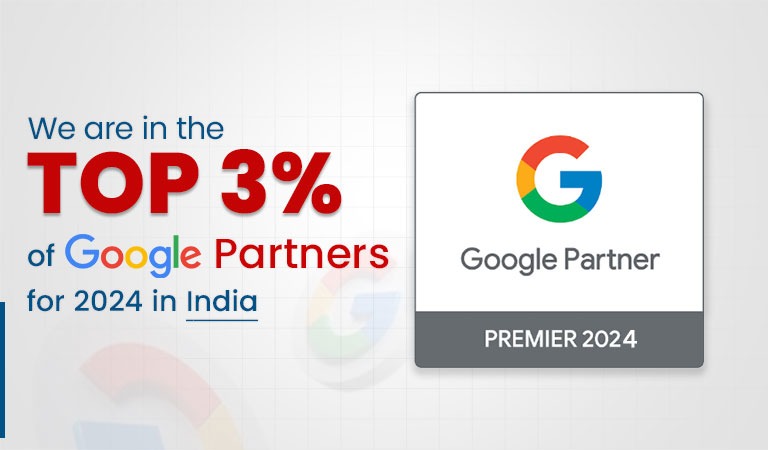How to Choose the Best PPC Company for Your Small Business in India

Static versus Dynamic Websites: Choosing the Right One for Your Business
- by Webdesk
- Jul 04, 2024
Home Blog Static versus Dynamic Websites: Choosing the Right One for Your Business
While building the website, a critical decision to make includes whether you will have a static website or a dynamic one. Both these types show different benefits and are meant for serving different purposes. In this blog, we will focus on features and benefits of both STATIC and DYNAMIC WEBSITES so that you will know which is the right choice for your business.
Static Websites: Speed, Simplicity and Security
Faster Loading Speed:
Static websites usually load faster compared to their dynamic counterparts. Because they are made with static content, there will be no database queries or server-side processing at every visit of the user. That surely makes loading of a page faster, and, hence, more usable, and possibly helpful in search engine rankings.
Easy Maintenance:
Maintenance of static sites is fairly easy. Once the website has been developed and published, the content therein is changed by directly editing the HTML files. This in return reduces administrative effort since little technical expertise is required, nor is continuous maintenance necessary.
Lower Cost:
For the most part, static site development and hosting are cheaper compared to dynamic websites; this is so because the upfront development cost will be comparatively lower since there are no building intricate backbone systems. Furthermore, the simple or generic web servers hosting static sites can normally be less expensive compared to those needed by the dynamic sites.
Security:
The inherent security of static websites means that since all of their content is pre-built and served, there are fewer points through which the server could be vulnerable. There are no user input forms or login systems; hence, when all those are removed, there is very little potential for popular attacks like SQL injection or cross-site scripting.
Dynamic Websites: Flexibility, Real-Time Interaction, and Scalability
All Features of a Static Website:
Dynamic Websites render all the benefits of Static Sites in terms of speed, ease of maintenance, and security, but offer additional features and capabilities. They are the only way to achieve a rich interactive experience without giving up the core advantages that static sites provide.
Back-end CMS for managing content:
The most distinguishing factor for a dynamic website is the backend content management system (CMS). CMS allows a non-technical user to easily update and manage their website’s content. This becomes very instrumental for any business that makes frequent changes to information on their site, like adding blog posts or new products.
Real-Time Data and Personalization:
Dynamic websites can give real-time information and visible experiences to their users. This draws from the correct functionality of databases that give access to real-time information about news updates, availability of certain products, and even data related to users. Personalization features draw a higher user involvement and satisfaction since content is tailored by preference.
Scalability and Flexibility:
As your business expands, so can your dynamic website. This has been mentioned but the dynamic sites are designed to be more scalable. New features and functionalities can be added to them whenever required. They are also flexible, so complex interactions and integrations with the other systems are possible. This is in respect to e-commerce platforms, CRM tools, and many others.
Conclusion:
The choice of a static website over a dynamic one solely depends on the needs and goals of the business. A static website suits a business that requires a cost-effective solution, is light, results in fast loading, and is more secure; its maintenance is straightforward. This will be perfect for websites whose content is not often changed.
On the other hand, this would make it a dynamic website: one for businesses that require frequent updating of content, real-time interaction with data, or personalized display to the user. Because of their easy scalability and flexibility, this will make dynamic websites most appropriate to a growing business with changing needs.
Consider your individual needs and resources to understand the type of website that is suitable for your business. It has advantages on both sides, static and dynamic; the right choice helps you in attaining your objectives online.
.webp&w=3840&q=100)








